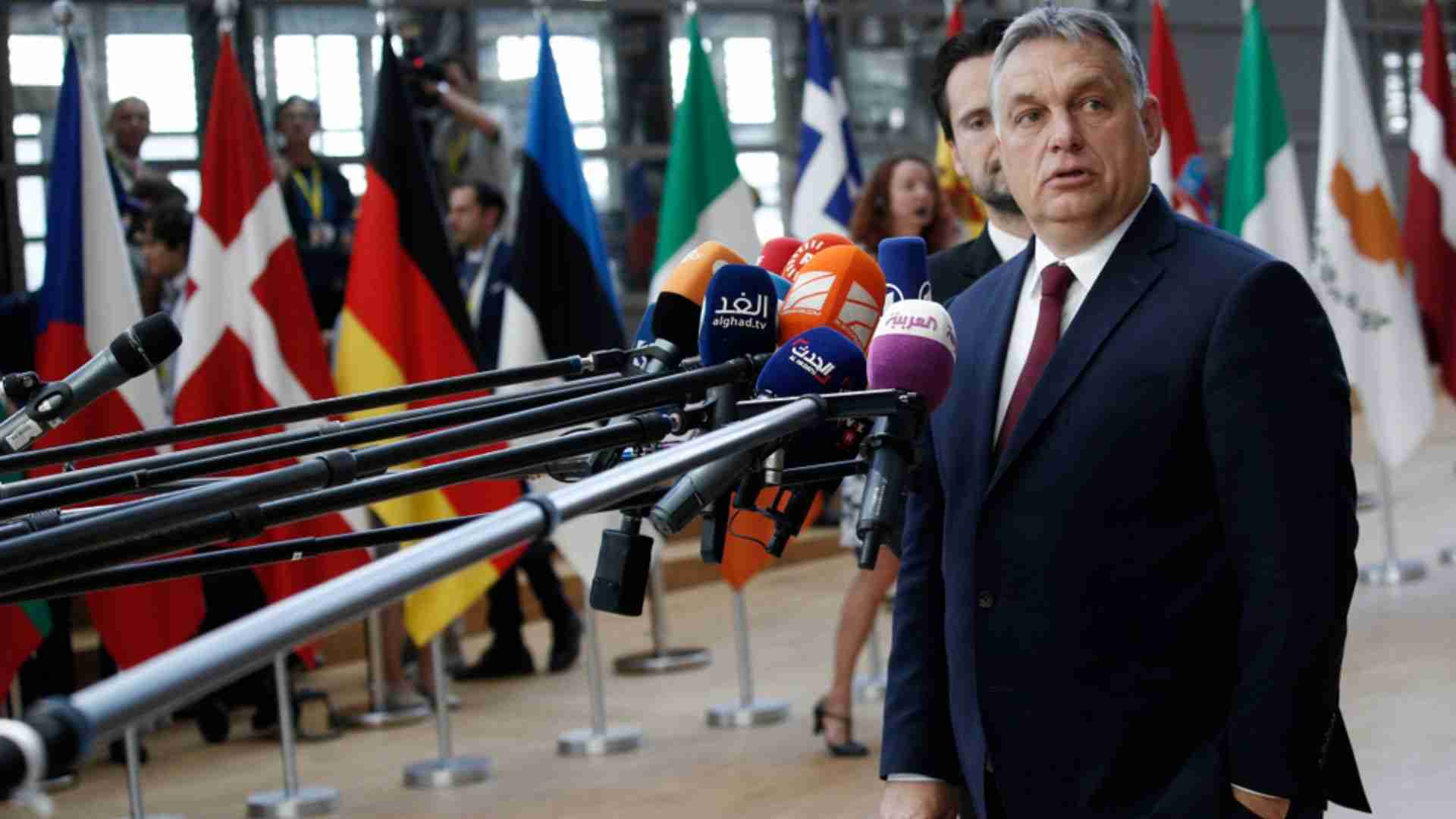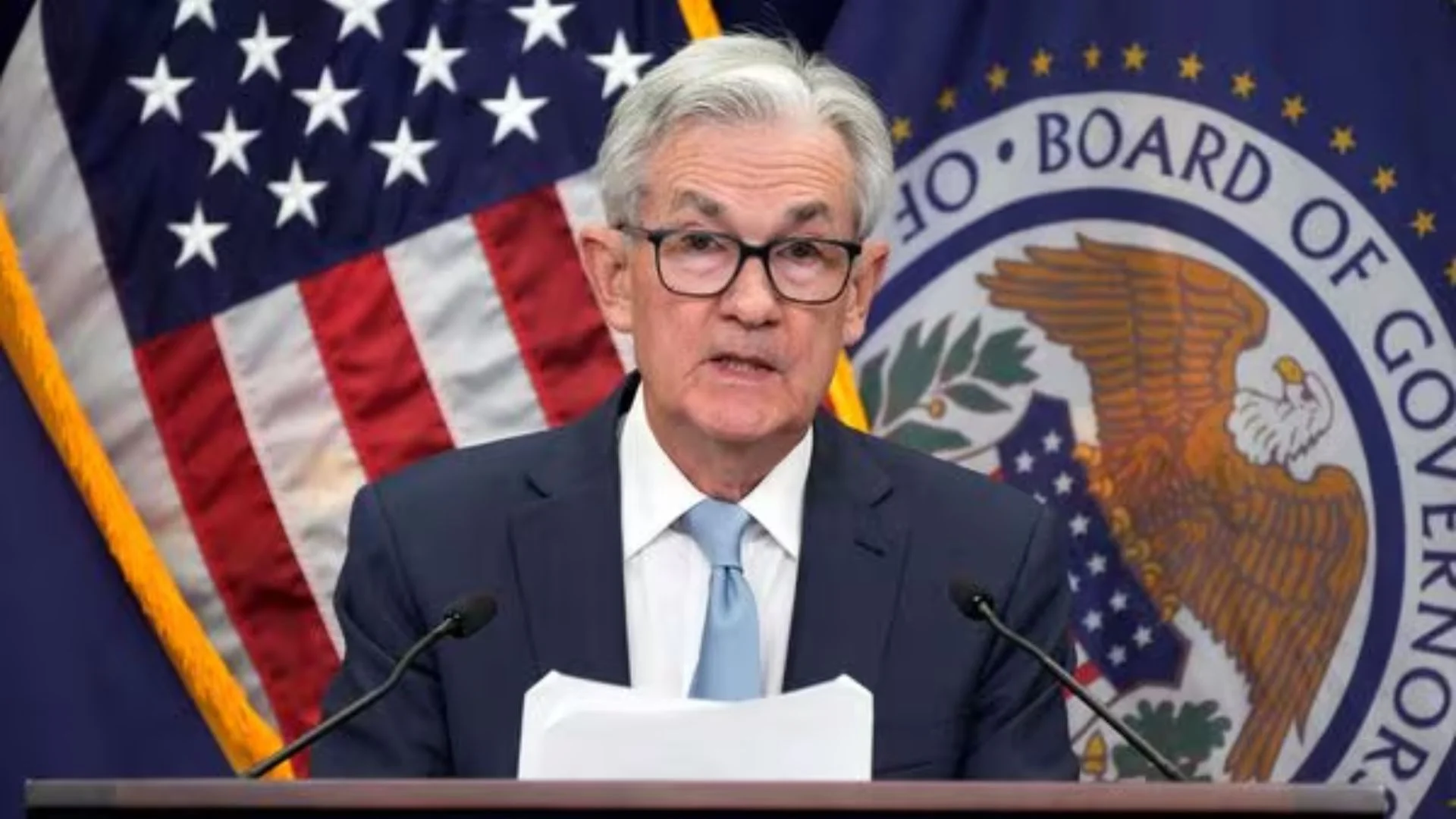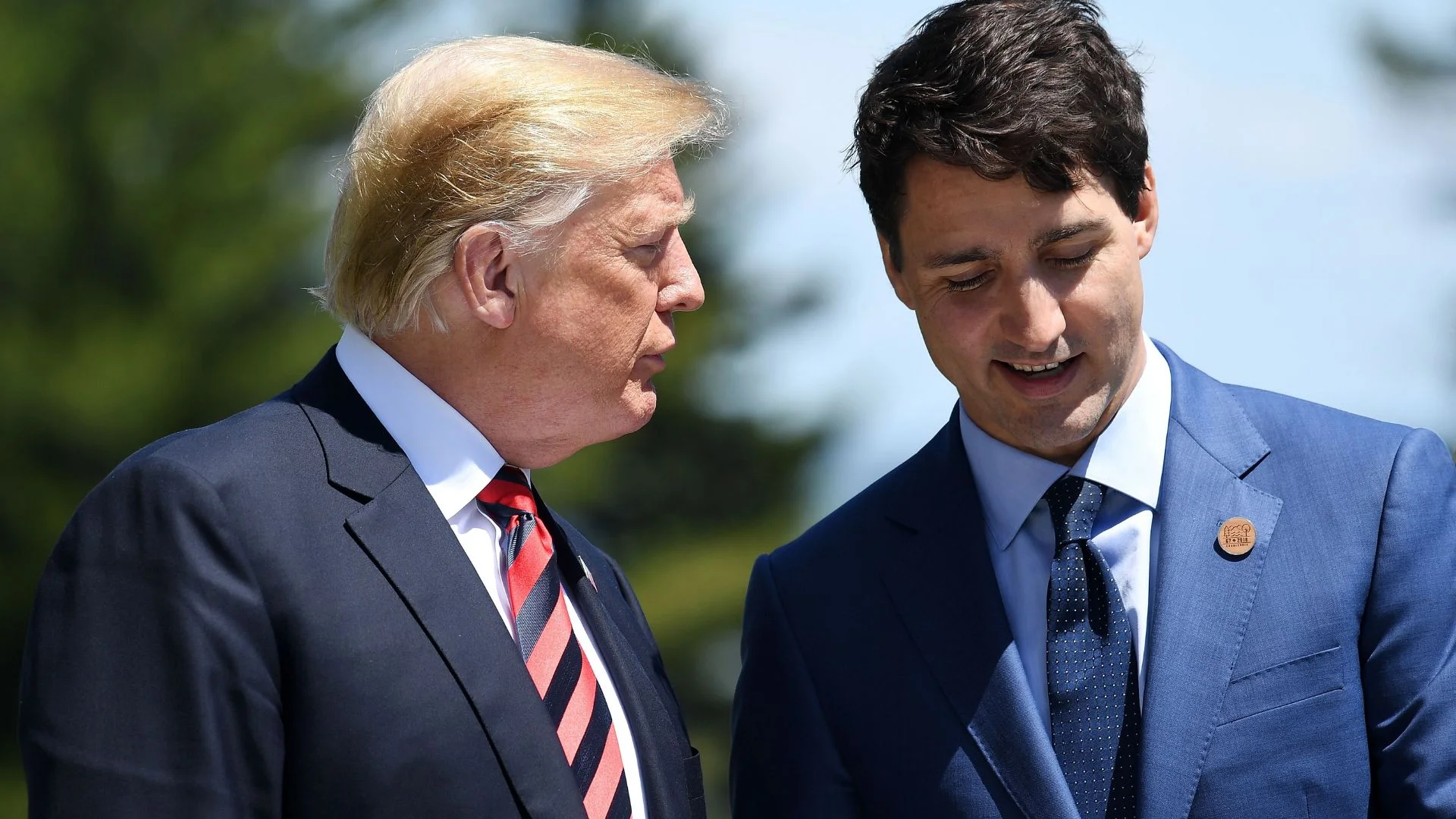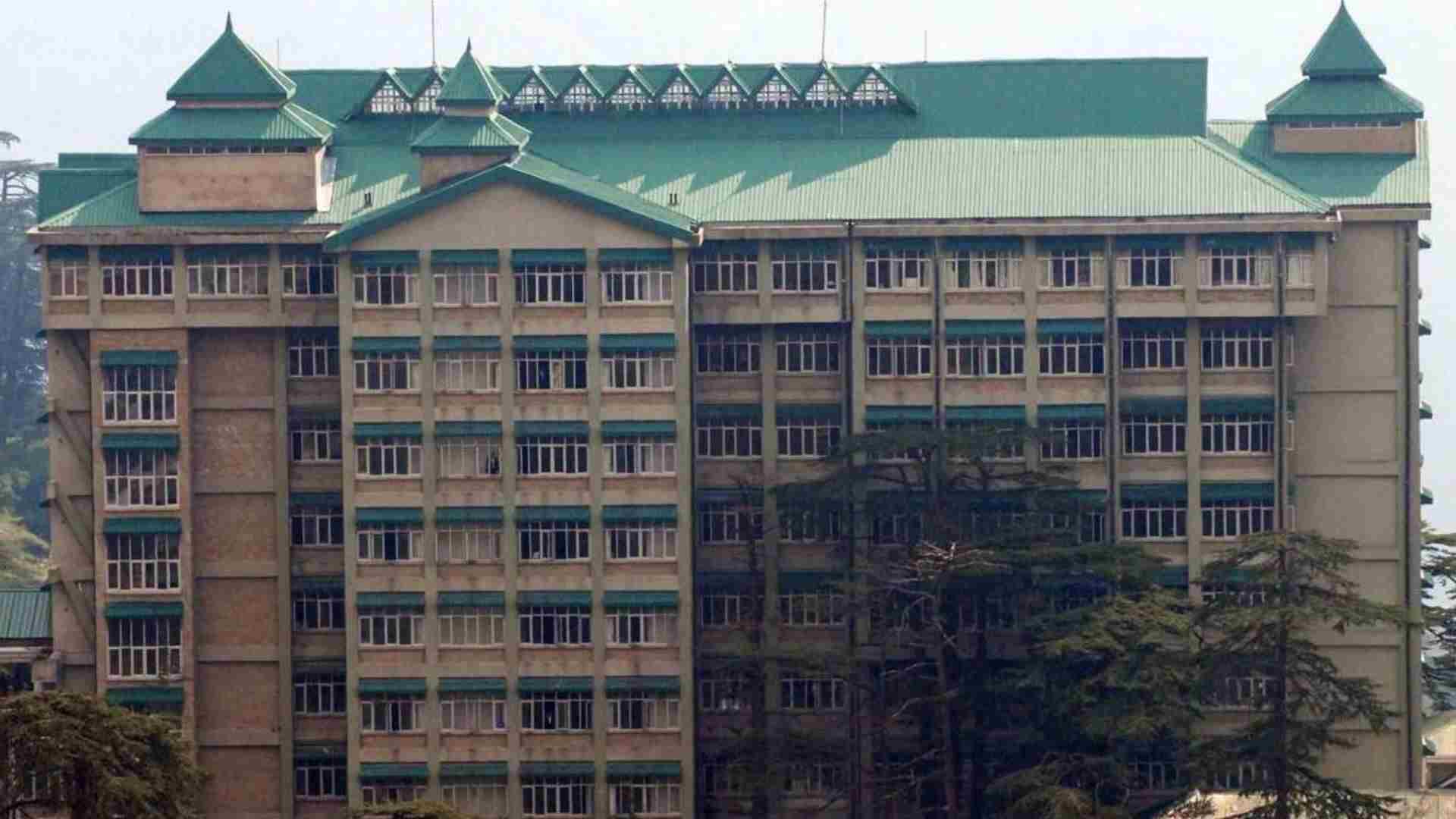
As European leaders criticize Viktor Orbán’s unsanctioned foreign policy meetings, the Hungarian Prime Minister has ramped up his campaign against independent media and civil society groups at home. Media outlets and watchdog groups not aligning with the government face increasing pressure, exacerbated by the newly established sovereignty protection office.
Controversial Meetings and Domestic Crackdown
Orbán’s recent meetings with Russian President Vladimir Putin, China’s leader Xi Jinping, and US presidential candidate Donald Trump have stirred controversy in diplomatic circles. These moves have further isolated Budapest, especially as Hungary holds the Council of the European Union’s rotating presidency. Domestically, less attention has been paid to Orbán’s intensified crackdown on independent journalism and watchdog groups through the controversial sovereignty protection office.
Sovereignty Protection Office’s Role
The sovereignty protection office, led by a figure closely linked to the ruling Fidesz party, has been granted significant powers, including access to intelligence services without judicial oversight. Critics argue that instead of serving as an independent state body, the office is a tool to pressure government critics. Transparency International Hungary and investigative outlet Átlátszó are among the entities under investigation.
Media and Civil Society Under Siege
The sovereignty protection office has publicly targeted numerous media outlets, accusing them of harming Hungary’s national interest. Critics, including Márton Kárpáti of Telex, argue that the office selectively ignores pro-government propaganda and focuses on stifling independent voices. The office’s actions have been criticized for violating freedom of expression and being unconstitutional.
International Reactions and Concerns
The European Commission has initiated legal action against Hungary over the sovereignty office law, and the US State Department has also voiced criticism. Despite these international concerns, the Hungarian government maintains that the office is necessary for protecting national sovereignty and responding to increased threats. However, observers warn that the office’s actions may instill fear and self-censorship among civil society and media actors, particularly outside the capital.
Government’s Justification and Criticisms
Balázs Orbán, the Prime Minister’s political director, defended the office, stating that it enhances transparency by monitoring foreign influence in Hungarian domestic affairs. He argued that such offices are essential in democracies and that similar institutions exist in other countries. Meanwhile, independent NGOs and media outlets refute government accusations of non-transparent foreign funding, emphasizing that their funding is openly sourced from allied countries and the EU.
The sovereignty protection office’s activities continue to be a contentious issue, with significant implications for Hungary’s democratic processes and media freedom.















